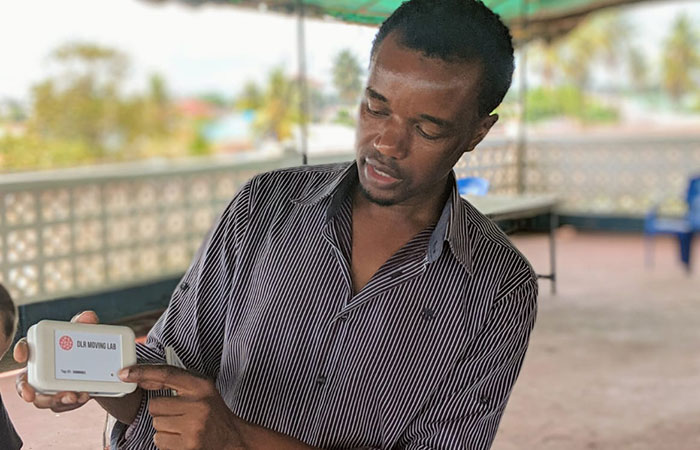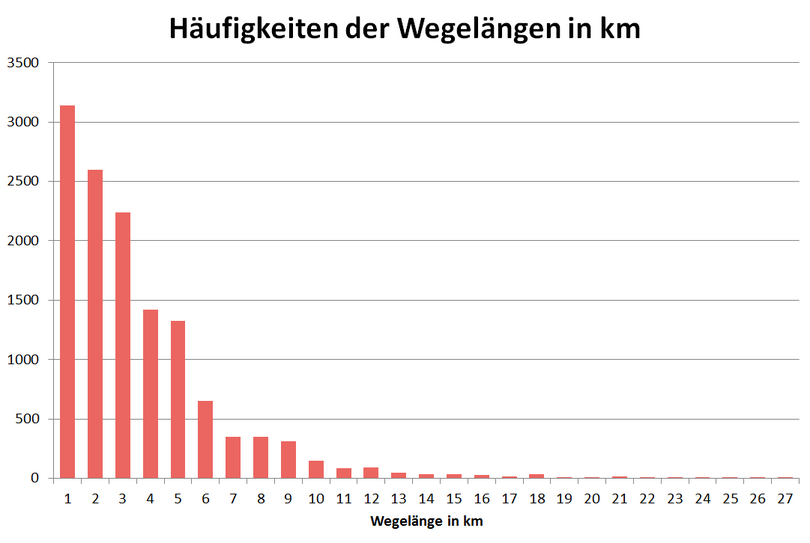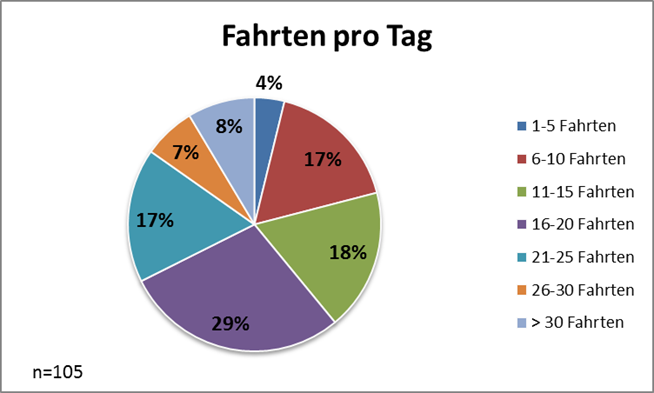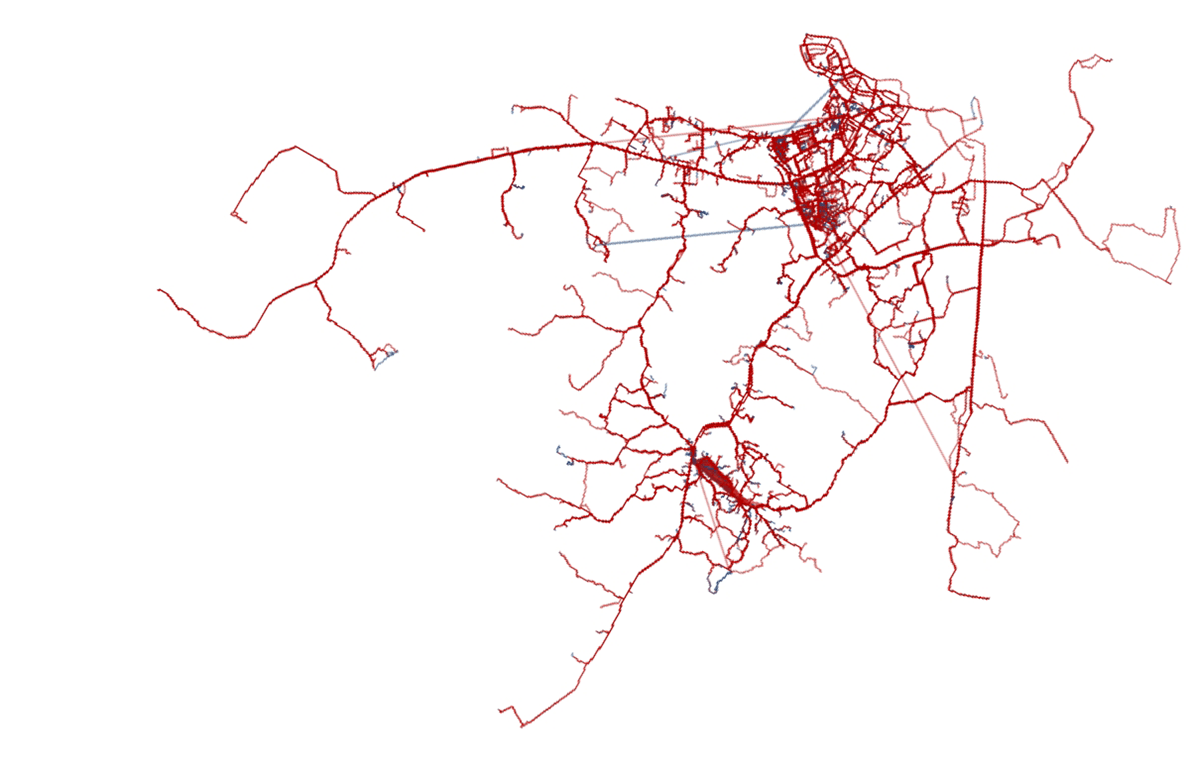Campaign ‘Dar-Es-Salaam TukTuks’
Electrification of informal transport services in developing countries using the example of TukTuks in Dar es Salaam
The campaign is the basis of a survey of demand of TukTuk taxi services in Dar es Salaam. The results are expected to give an insight into the everyday requirement profile (number of trips, distances, ground coverage etc.) and thus provide important information for the potential electrification of the vehicles.

TukTuk taxi services
At the same time as tracking, a short survey was carried out in which the socio-economic characteristics and further aspects of the service were recorded.
Scope of project
Timing/duration:
Field phase/reporting period – duration: 7 weeks
Start: 05/11/18 to end: 21/12/18
Participants:
Four driver groups in different areas of the city with 69 vehicles
Questionnaires:
Entry questionnaire, trip questionnaire, stage questionnaire, final survey
Devices used:
GPS loggers

Most trips were less than 10 km. Depending on the area of the city, the average length of a trip was between 5.5 km and 10.1 km.

Service characteristics
- 6.4 working days per week
- 13.4 working hours per day
- 3.14 service trips per week
| Possible advantages of electrification | Possible disadvantages of electrification |
|
|
